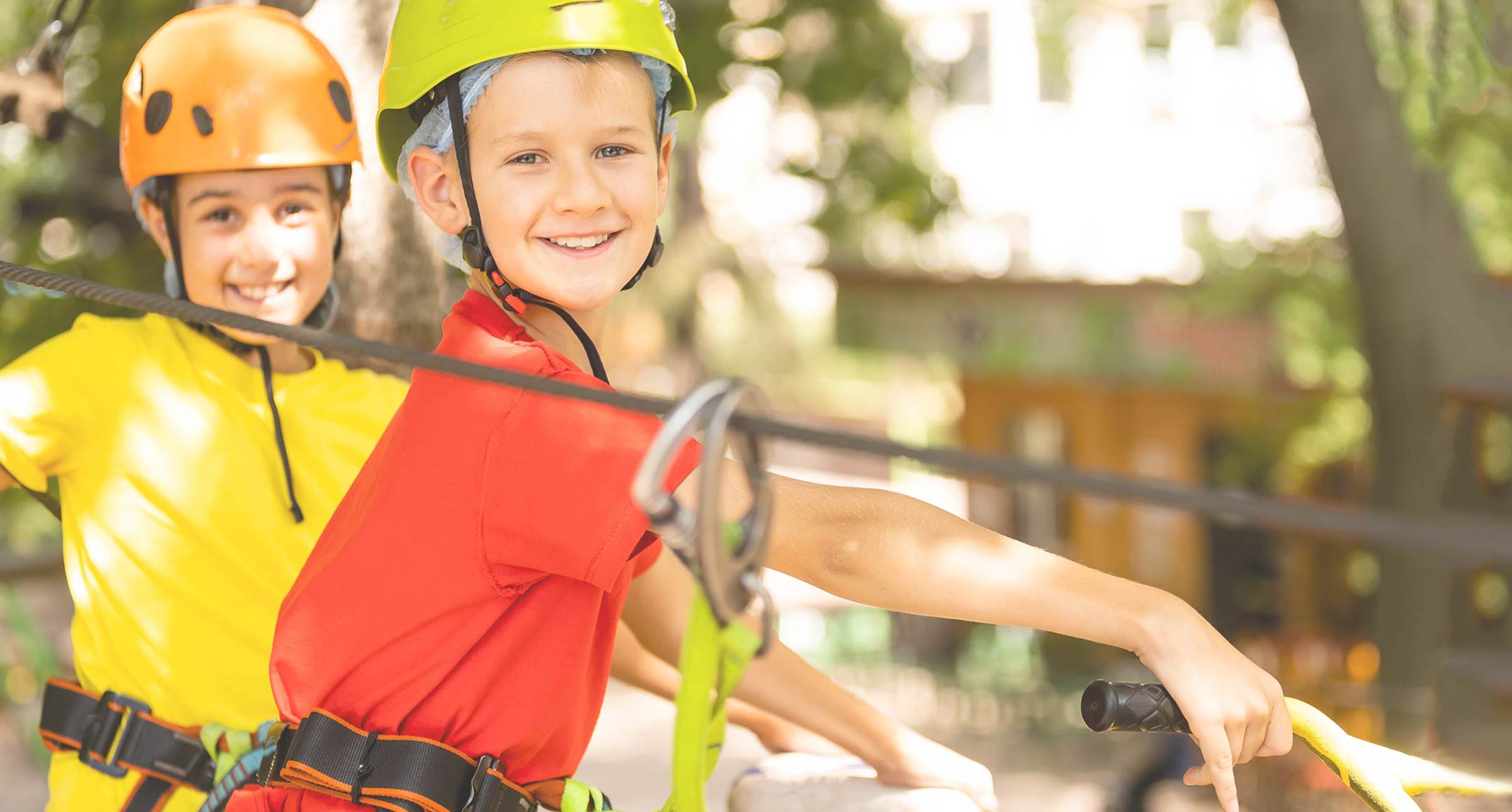Are You a Snowplow or Helicopter Parent?
Have you thought before about what kind of parent you are? Are you a snowplow parent or a helicopter parent? Raising kids is no easy feat. It’s not for the light-hearted. It requires bravery and time and patience, and unconditional love. It is the real deal. Raising kids is not like it used to be when our parents raised us. It’s hard with society’s added pressure to be the absolute best at everything, not making mistakes, and looking for perfection. Sometimes technology interferes with our attempts to raise children with our values. There are immense pressures on our children, from their peers to their teachers, to our families and technology.

Is this your parenting style?
It is easy to feel out of control as parents. You may feel powerless. Parents tell us every day that their kids have no respect, they won’t listen, they talk back, and they won’t do anything they are asked to do. Some parents feel they have tried everything, and nothing works. As parents lose control and feel their kids pushing them farther and farther away, some go into overdrive and try to overcompensate for what feels like a tightening, overstretched rubber band. Some parents are desperately trying to bring the tension back to a more comfortable place to enjoy their kids and their time together as a family. This is where helicopter parenting starts. Please don’t feel you are a ‘bad’ parent, and let’s put away the guilt.
Overcompensating can make matters worse in your child’s life.
When parents overcompensate, they may become angry and frustrated. They may nag, yell and repeat themselves over and over. This can cause kids to listen less and even rebel. This can make your and your child’s life very challenging. You may be left in a metaphoric hamster wheel getting nowhere. Your kids rely on you to guide, teach and support them. They may continue to rebel until they feel you are in control again. If you are losing control and your bond with your kids is weakening, it will be challenging to reign it back. You may end up acting like a snowplow or helicopter parent.
What is helicopter parenting?
Helicopter parents have been around for decades. It is a type of parenting style that has been around forever. Helicopter parenting is not new and is ongoingly widespread. Some parents hover around their kids, trying to avoid any bump, bruise, hardship, or disappointment. These parents who practice helicopter parenting are overly involved.
Helicopter parenting
Helicopter parents rob their kids of the opportunity to learn from their mistakes. Kids learn best by failing and learning to get back up. Kids benefit from learning how to be resilient. Kids can be lost without you around protecting them. These children will forever need their helicopter parents to be hovering to navigate the world. They often lack self-confidence and life skills to advocate for themselves. These children are more likely to give up when the going gets tough.
What do helicopter parents do?
Think about your child when they were a toddler. Were you afraid to let your toddler fall when learning to walk? Were you nervous about letting them bump their head or hit their bum on the slide? Are you the kind of parent who is always there to catch them? As they grow older, are you afraid they will not get their homework done or forget their lunch? Do you hover around them and remind them constantly or do it for them to ensure it is done? This is what parents who practice helicopter parenting do.
Do you tend to hover around your child and constantly ‘save’ them?
Then there are snowplow parents. This is also known as lawnmower parenting. This is the parent who plows down every hurdle or hardship away, so their child has a clear and easy path. These parents do everything for their kids, so life is easy and road bump-free. This is a problem, though, as the child does not learn how to work hard, make mistakes and get back up. This robs the child of the opportunity to learn from mistakes and that life is not always easy.
Conflict happens all the time, and without learning conflict resolution skills and without time to practice these skills, the child is left floundering, confused and lost when they don’t have parental support. Think about your relationship with your child. Do you find yourself removing obstacles for your child to make their life perfect and smooth? Have you completed their homework for them to make sure it’s done right? Do you get involved in their disagreements and conflicts to work out for them?
Watch this video where Taya goes into some examples of helicopter and snowplow parents.
As parents, we need to learn how to discipline and not always punish our children. We should guide and support our children while trying not to overpower them. Parenting is challenging! We should listen and not yell all the time at our children. It is best to learn to be on a team with your child and not their opponent. Being a teammate will foster collaboration, not competition. This will allow you to strengthen your child-parent relationship and promote healthy development in your children.
FAQs – Frequently Asked Questions
What are the effects of helicopter parenting?
Helicopter parents tend to shadow their children constantly. Parents involve themselves in every aspect of their child’s life in helicopter parenting. They hover over their children. These parents may think they are better by fixing their child’s problem, but the over-involved parent does not allow their child to make their own decisions and stunt their development. Peer-reviewed studies show that children need to fail to learn from their mistakes. Their mental health will be more robust for it.
Their parenting style can be overwhelming to children who like to make their own decisions. It can push parents to make all decisions for their children.
Parenting professionals often describe parents who practice helicopter parenting as hovering and overly involved in the life of their children.
Helicopter parents parent raise their children differently than their child’s friends.
Children raised by helicopter parents may lack the necessary life skills. They may develop poor coping skills as their parents take too much control. This type of parent involves themselves in every aspect of their kids’ lives. These over-involved parents are overly involved in their children’s lives; they are described as hovering parents. Some of the children of helicopter parents push their parents away. Children’s experiences can be negative, and the child’s behavior may show they have low self-esteem, which presents its own problems.
How can helicopter parenting affect children?
The effects of helicopter parenting are varied. Some kids of helicopter parenting have challenges making their own decisions. They may find decisions to take too much responsibility, as the effects of helicopter parenting can be poor skill development in making age-appropriate choices, inability to participate in age-appropriate activities, and may even lead to overwhelming fear in approaching conflict. Helicopter parenting can even lead to challenges in adult children having mental health problems. Grown children may find it hard to break free from their helicopter moms and dads. We want to encourage independence and decision-making skills in our kids. We want to foster healthy boundaries in our children and minimize the risk of child low self-confidence. There should be negative consequences for poor children’s behavior. We want a child to learn problem-solving skills and avoid adverse outcomes on their own. Other kids may achieve poor grades, but we want our child to foster the skill of taking responsibility while developing academic motivation. Our good intentions can decrease the risk of emotional problems and boost self-esteem and confidence in our children.
How can we avoid helicopter parenting? Can we prevent ourselves from becoming lawnmower parents?
It can be hard to stop helicopter parenting, but it is possible. Try to allow your child to make decisions on their own. Allow them to fail. They will learn from their mistakes. Allow your children to fall sometimes. Allow them to make mistakes. This will allow your child to learn from their errors and make different decisions next time. When other parents practice helicopter parenting, you should step back and watch your child learn and gain skills. Children will learn from their choices and errors and make different choices next time.
How can teachers combat helicopter parenting?
A certain teacher or school administrators can make all the difference. Teachers can help teach the child to be independent, take chances, fail, and learn from mistakes. Working on school projects with other children can also help as children will learn different strategies and skills from the other kids. Children can learn these skills by participating on a sports team as well. No team wins every time, and the ‘failure’ can teach children a valuable lesson.





































